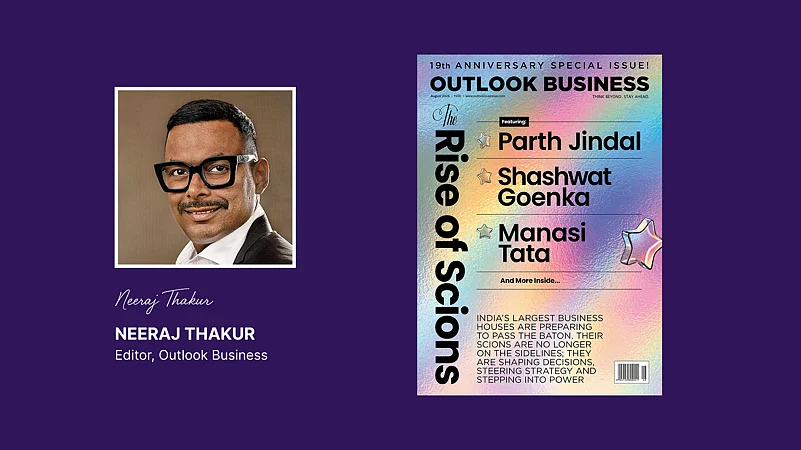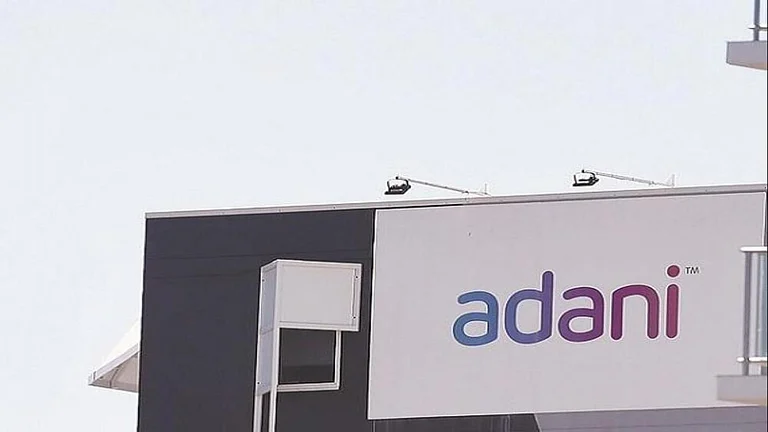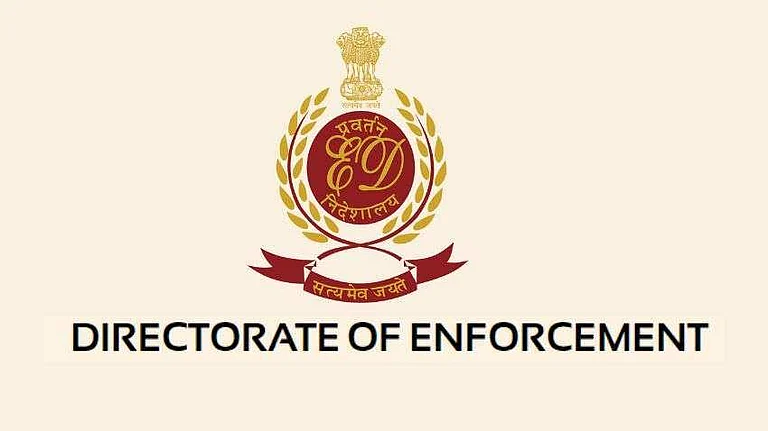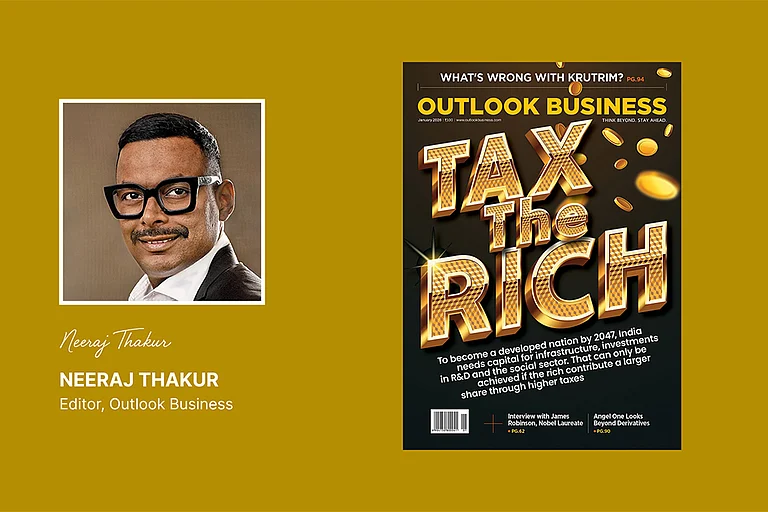We all work for money.
It pays for our children’s education, the house we live in, the car we drive and the holidays we plan. It supports ageing parents and helps us save for a retirement that is both secure and dignified. But what if none of these were a concern?
What if you were born into a fortune so vast that seven generations of your family would never need to work again? Would you still wake up each morning and go to office or would you spend your days playing the violin, painting portraits or chasing pursuits that bring peace but not necessarily profit?
Many heirs of India’s industrial families are facing versions of this dilemma. They are not driven by survival but by questions of identity, relevance and meaning. Maslow’s hierarchy of needs places self-actualisation at the summit. For most people, that is a distant aspiration. For the inheritors of generational wealth, it is where the journey often begins. This shift is reflected in the choices some have already made.
Dilip Piramal sold a 32% stake in VIP Industries, stating that his children had no interest in continuing the business. Renuka Ramnath, chief executive of Multiples Alternate Asset Management, observes that more promoters are now turning to professional managers because their children are either unready or unwilling to lead. Harsh Mariwala handed over Marico to its then COO, Saugata Gupta, explaining that Gupta was better equipped to take the company forward than his own son.
Even in the Mahabharat, King Bharat overlooked his sons and chose Bhumanyu as successor, recognising that leadership must rest on merit, not bloodline. Today, a similar recognition is taking root in Indian boardrooms, as legacy families face competition from first-generation entrepreneurs who have neither inheritance nor safety nets but possess the hunger to build, scale and disrupt.
This new ambition forces promoters to take difficult decisions. It demands that they choose long-term stewardship over short-term sentiment, and sometimes that means stepping aside so the business can survive without them. Yet not all successors are walking away.
Some are choosing to stay, not out of duty, but because they see their legacy not as a burden to protect, but as a platform from which they can build something new. As Outlook Business marks its 19th anniversary, we turn our focus to these young leaders stepping into roles that test their conviction, judgement and resilience.
Parth Jindal took charge of a loss-making cement business not to preserve its past, but to prove that he could shape its future through effort and strategy. Shashwat Goenka has led Spencer’s Retail through repeated disruptions, holding steady with a long-term view.
Manasi Tata is finding her footing at Toyota Kirloskar Motor with a focus on sustainability and manufacturing innovation, guided by the values of her late father.
Karan, Jeet, Pranav and Sagar Adani are each carving out distinct roles across the group’s vast businesses from airports to data centres, anchoring the next phase of growth under intense public scrutiny.
At RIL, Isha, Akash and Anant Ambani are taking on defined roles across retail, digital and energy, as Mukesh Ambani gradually sets the stage for a generational handover.
Their success will not lie in the legacy they inherit, but in the conviction with which they walk their own path.
We will not judge them for the fortune they were born into. But in time, we will ask if they transformed that advantage into something they earned. Or whether they were overtaken by those who climbed with bare hands, driven not by comfort but by the urgency of becoming.












